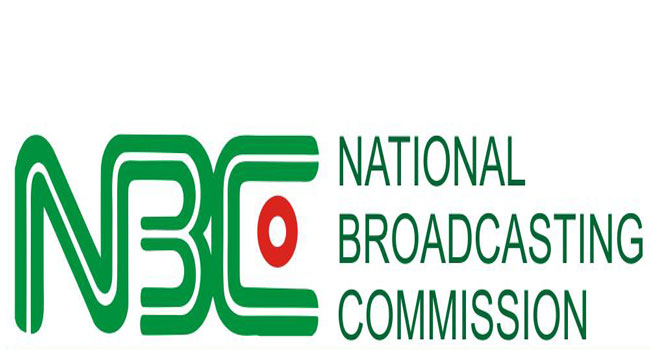The recent judgement by a Federal High Court in Abuja, which declared that the National Broadcasting Commission (NBC) cannot impose fines on media platforms for alleged breaches of the Nigeria Broadcasting Code, is a welcome and timely development for press freedom and democracy in Nigeria.
The court, in a suit filed by Media Rights Agenda (MRA), a non-governmental organisation that promotes and defends media rights, issued an order of perpetual injunction restraining NBC from further imposing such fines, which it said violated the fundamental right to a fair hearing guaranteed by the 1999 Constitution and the African Charter on Human and Peoples’ Rights.
The suit was a response to NBC’s announcement in March 2019 that it had fined 45 broadcast stations N500,000 each for airing a documentary on the 2019 general elections, which NBC claimed contravened the provisions of the Nigeria Broadcasting Code.
The court’s ruling is a landmark victory for press freedom and democracy in Nigeria, as it upholds the principle of due process and the rule of law and protects the media from arbitrary and unlawful interference by NBC. It also affirms the role and responsibility of the media as a watchdog and a platform for diverse voices and opinions in a democratic society.
NBC, as the regulator of the broadcasting industry in Nigeria, has a mandate to ensure compliance with the Nigeria Broadcasting Code, which sets out the standards and guidelines for broadcasting in the country. However, by the ruling, NBC has overstepped its mandate and abused its powers by imposing fines on media platforms without due process, censoring and sanctioning contents that are critical of the government or expose its failures, and issuing directives that restrict the freedom and independence of the media.
NBC‘s actions have not been in line with the constitutional and international obligations of Nigeria to respect and protect the right to freedom of expression and information and to promote a free, pluralistic and diverse media environment. They also contradict the values and standards of the Guild of Editors framework, which guides gatekeeping aspects of the practice of journalism in Nigeria.
The Guild of Editors framework is a set of values and standards that guide the practice of journalism in Nigeria, such as the universal right to freedom of expression, the importance of the vitality of the news media in a democratic society, the promotion of press and broadcasting freedom and the public’s right to know, and the commitment to high editorial standards.
NBC’s imposition of fines on media platforms for reporting on issues of public interest and concern undermines these values and standards and erodes the trust and credibility of the media. It also creates a chilling effect on the freedom of media to impart information and ideas, as it deters the media platforms and stations from reporting the true state of affairs regarding the security, economic, social and political situation in Nigeria.
The NBC should not be the judge, jury and executioner of the media. It should not use the Nigeria Broadcasting Code as a tool to stifle dissent, suppress public debate, and silence legitimate and factual reporting on matters of public interest and concern. It should not act as an agent of the government, but as an independent and impartial regulator that respects and upholds the rights and responsibilities of the media.
NBC should also review and amend the Nigeria Broadcasting Code, which was last revised in 2016, to make it more responsive to the changing media landscape and the challenges posed by the spread of fake news and hate speech. The NBC should consult with the media stakeholders and the public in the process of revising the code and ensure that it is consistent with the constitutional and international standards of freedom of expression and information.
Fake news and hate speech are serious threats to the peace, security and stability of Nigeria, as they can incite violence, hatred, discrimination, or undermine national security or public order. The government has a legitimate interest in preventing and combating the spread of harmful and malicious information. It has proposed legislation, known as the Hate Speech and Fake News Act, to criminalise the creation and dissemination of such information.
However, the Hate Speech and Fake News Act, as currently drafted, poses a serious threat to the freedom and safety of the media and the public, as it contains vague and broad definitions of hate speech and fake news, harsh and disproportionate penalties, and lack of safeguards against abuse and misuse. The act could be used to silence dissenting voices, stifle public debate, and suppress legitimate and factual reporting on matters of public interest and concern.
The government should not use the pretext of fighting fake news and hate speech to clamp down on the media and the public. It should respect the right of the media and the public to seek, receive and impart information and ideas of all kinds, and to hold the government accountable. It should also engage with the media and the public in a constructive dialogue on how to address the problem of fake news and hate speech and adopt a holistic and multi-stakeholder approach that involves education, awareness, self-regulation, fact-checking, and counter-speech.





















